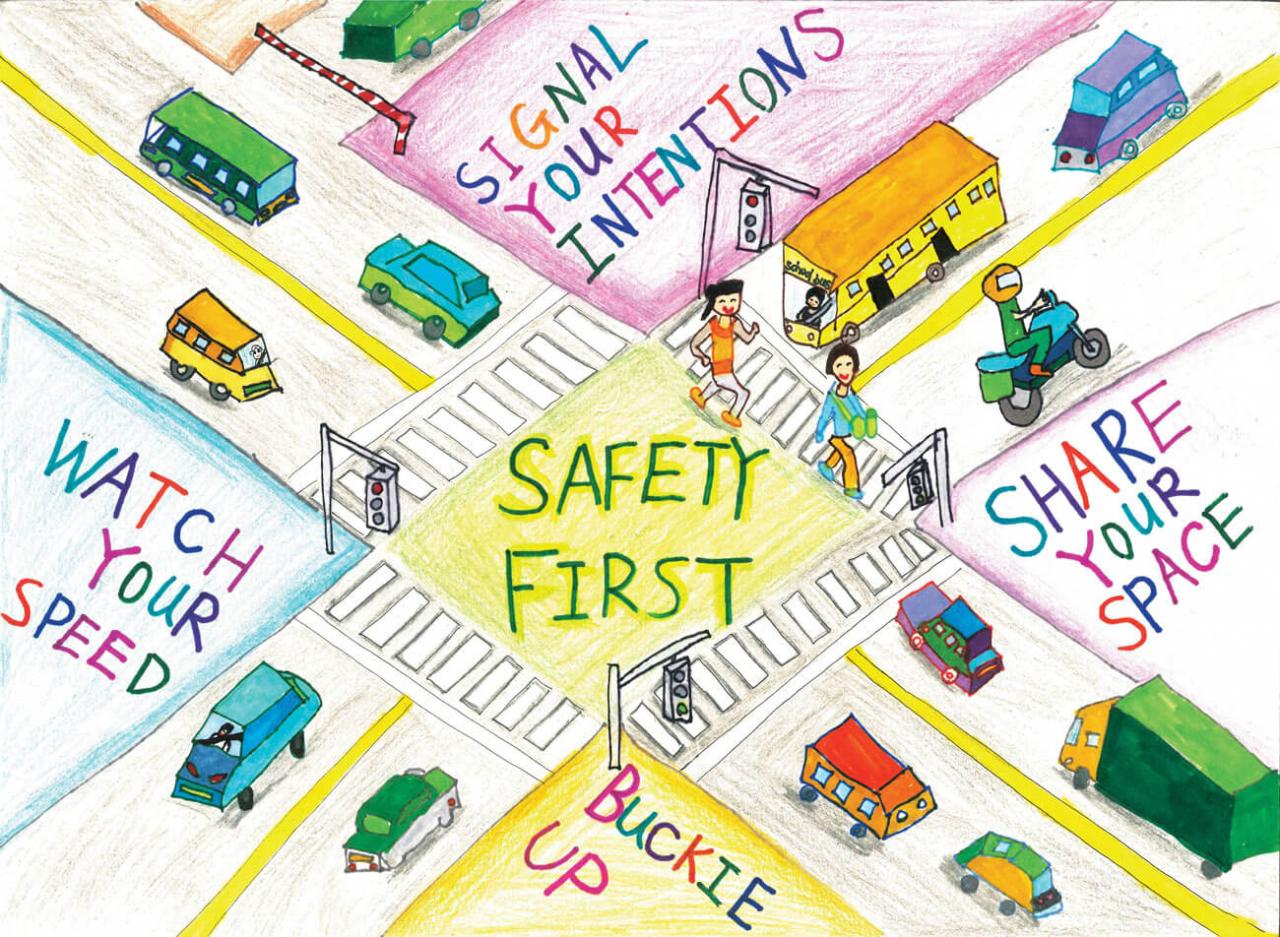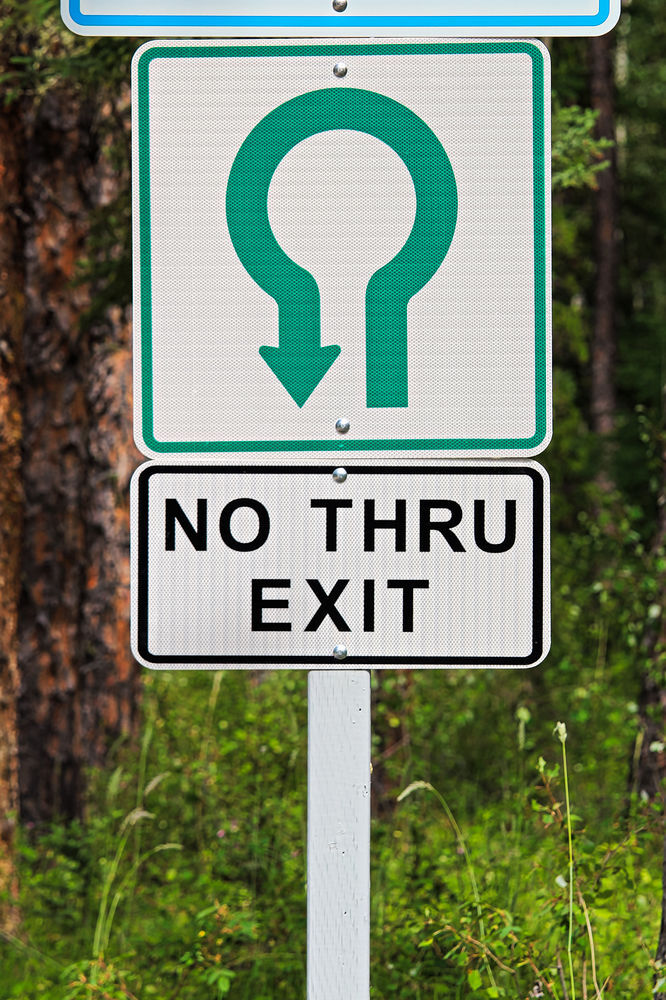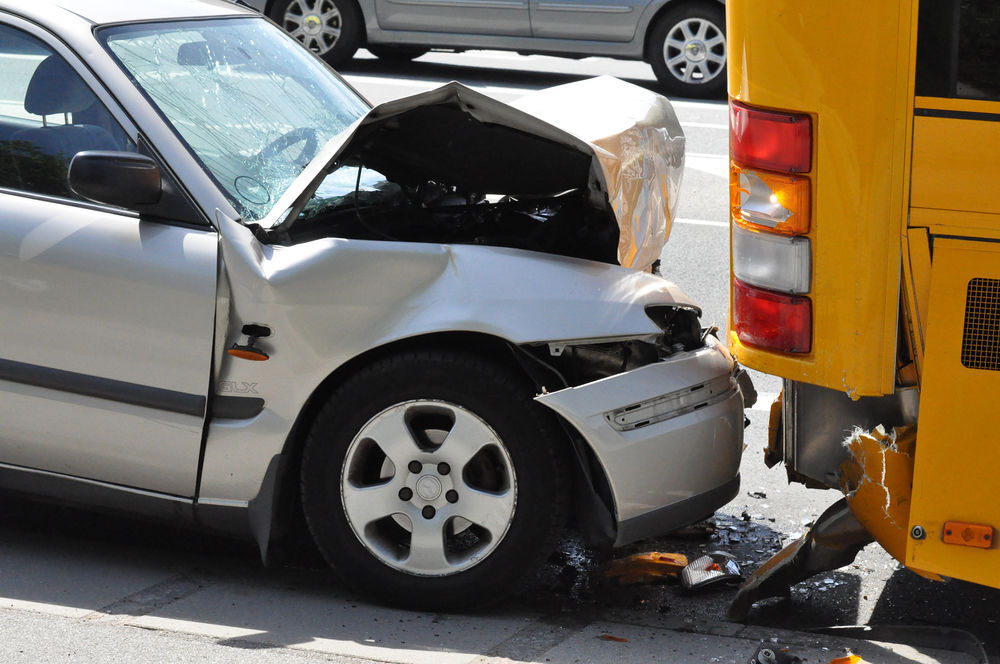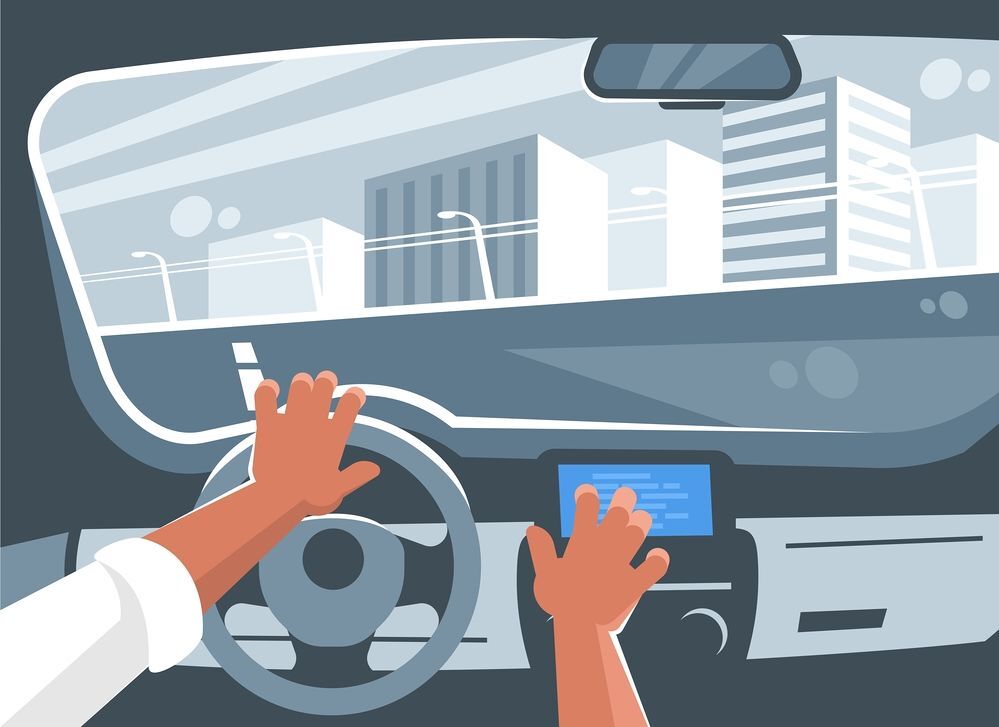
ABOUT DEBBIE CURTIS
Debbie Curtis is a freelance writer graduated at Cornell University in Animal Science. During her studies she worked as a school bus driver and this led her to write also about transportation in many newspapers.

From long-haul trucking insurance to motorcoach insurance, rates for commercial driving operations have been increasing at an alarming rate.
Having the proper insurance policies in place can mean the difference between staying in business or shutting the doors permanently.
In the trucking industry, there have been many companies who have gone out of business after one major accident.
David Carney, of Carney Trucking, in Gilbertown, Alabama, is but one example.
Carney said in a Freightwaves article
We had one major accident last year.
Once we got the insurance quote, we tried to make it work, but we had to shut the doors.
In the motorcoach industry, things can get even more complicated, since there are many operators who run school buses, party buses, charters, and mid-sized shuttle buses.
Different uses, different environments, and the difference in original cost of the vehicle require varied motorcoach insurance rates.
For instance, a school bus doesn’t normally cross state lines, unlike motorcoaches.

The Federal Motor Carrier Safety Administration regulations state that crossing state lines with more than 15 passengers requires motorcoach operators to have at least $5,000,000 worth of liability insurance.
Motorcoach insurance is more expensive right from the start because the average price is upwards of half a million dollars.
They normally travel across state lines, and need adequate coverage for the driver, the passengers, the motorcoach itself, and the operator’s business as well.
Due to its large size, a bus can cause a lot of property damage in an accident, and insurance companies are well aware of that aspect and charge accordingly.
Not only are insurance companies raising their rates, but they are also getting more and more selective about who they insure.
Some are putting restrictions in place that might actually put others in danger.
For instance, a school district in Florida recently had to completely change all of the routes so that no bus ever backs up.
As any school bus driver will tell you, a route down a dead-end road, or on the edge of their school district, etc., requires a turn-around.
It is almost impossible to design an effective route without turn-arounds.

Because there is more of everything.
• More Drivers
There are more drivers on the road than ever before.
According to Statista, 272.48 million vehicles were registered in America in 2017.
The figures include passenger cars, motorcycles, trucks, buses, and other vehicles.
More vehicles means the potential for more accidents.
• Higher Repair Costs
Repairs have zoomed upward.
Oddly, it is often the safety features themselves that are responsible.
Replacing a back-up camera can raise up the cost of a simple fender-bender into the thousands of dollars.
Not so long ago, replacing a bumper wasn’t such a big deal.
Now, with cameras, lane assist technology, and other technology on board, the cost of car repairs must be passed on via higher insurance premiums.

• Medical Costs
The increased cost of health insurance carry over into the motorcoach insurance premiums.
• Distracted Driving
Vehicle accidents and vehicle deaths were declining until around 2009, when Smartphones came into widespread use.
Many transportation experts blame the rise in accidents to Smartphone use.

People who spend their business day in the car, such as realtors, salespeople, delivery drivers, etc., are relying on their phones for GPS, communication with their offices, and other tasks to keep their business running while they are on the road.
Make your policies on cell phones crystal clear to drivers.
Enforce disciplinary actions, even if it means dismissing a driver if they don’t comply.
• The Frequency of Severe Weather
The sheer number of large storms is unprecedented.
Floods, hurricanes, and even wildfires, are contributing to more and more auto claims, causing insurance companies to raise their rates.
Does your Driver Handbook have detailed procedures for Hurricanes, Floods, Terrorist Attacks, and other potential threats while out on the road?
• The Driver Shortage
As experienced drivers retire, and the unemployment rate is low, combined with the fact that millennials aren’t necessarily attracted to driving a motorcoach as a career choice, there are not enough applicants to fill the driver’s seats.
This results in companies hiring less than desirable candidates, who may be harder to train, find it more difficult to pass the drug and alcohol testing, and may not stay on the job once they get their CDL.

Paying competitive wages, fostering a culture of driver appreciation along with a culture of safety can go a long way in establishing an experienced, dedicated group of drivers.
When the rubber meets the road, it’s your drivers who make the split-second decisions that determine if a tragedy occurs or is avoided.
Still, accidents are going to happen, even to those operators with experienced drivers, the highest standards and the best preventative maintenance programs.
Whether your fleet is large or small, consists only of motorcoaches, or is a mixed fleet of vehicles, there are a few aspects of planning your insurance coverage that may keep costs under control.
Technology, driver training, and comparing quotes from at least three different companies should remain top of mind when considering how to make the most of your insurance needs.
Eric Alexander, MBA, AINS (Associate in General Insurance) says

I believe the only surefire way to try to control your businesses insurance cost is to control your losses and claim activity.
An investment in technology, such as cameras and telematics, can go a long way in reducing a company’s insurance costs.
Cameras strategically placed around the perimeter of your vehicle will capture video of accidents that occur while the vehicle is in operation.
Obviously, the cameras should deter reckless driving.
The real beauty of having the cameras is that with video evidence, claims are closed more quickly.
It’s amazing how many more dollars are spent on lawyers and court fees, because there is a dispute about who’s fault the accident is.
Investing in technology also has a multitude of other advantages besides safety and irrefutable proof.
Routing, real-time GPS, efficient charter routing and tracking of driver’s hours, payroll, and invoicing are just a few time-saving features of implementing more technology into your operation.
Accidents Happen.
What is the best way to make sure you are doing all that you can to prevent accidents and avoid having insurance premiums force you out of business?
Insurance companies will talk with their customers about managing their drivers, their fleet maintenance, and doing everything possible to be safe.
Talk with your insurance company about your training programs.
Keep your drivers up to date, not just with safety trainings, but by making sure that all of their records current: physicals, licensing, written and over the road driver’s tests, etc.
When drivers make mistakes, whether it is on the road or pre-tripping their bus, have disciplinary policies in place, and treat each and every driver the same.
Make sure that drivers understand the consequences of not following the rules, especially regarding reporting accidents or infractions that happen on their own time.
Along with training your drivers to be as safe as possible, your company should have a plan for what drivers should do in the event of an accident.
Not only should they be trained in the class room, but have this information readily available in the Driver’s Handbook, which should be aboard each bus, and part of the pre-trip check out.
When accidents do occur, consider holding a driver’s meeting to review the incident. This should not involve blaming the driver, but be used as a learning experience.
It’s a tough world out there for anyone trying to recruit and retain good drivers.

In August of 2019, two trucking giants were in an Iowa court over driver poaching.
CRST sued Swift for luring drivers away after they had gone through CRST’s driver training program.
So far, motorcoach companies haven’t resorted to filing driver poaching lawsuits, but everyone knows that a good driver can find work anywhere.
Create a company culture of safety, respect, and continually let your drivers know that you appreciate and value them so you have the best drivers that you can.
One of the easiest ways to impress your insurance company is to maintain a spotless driving record.
And that starts with well-trained, experienced drivers.
Steve O’Shea, from Lancer Insurance, provided some insights on what Lancer looks for when evaluating operators who come to them for insurance.
Take stock of what your safety practices are.
Go over your safety management cycle.
Identify problems, analyze different solutions, implement those solutions, review the results, and adjust where needed.
That’s what we advise here at Lancer.
But in the end, it’s the drivers who are responsible for the safety of the vehicle.
The safety practices and procedures that you implement for those drivers during their pre-trip, when they are on the road are key.
We want to see a pro-active approach, not a reactive approach.
O’Shea also pointed out that when they are at transportation shows, their safety director will often give a presentation on best practices, but the motorcoach operators in attendance are the ones who already have high standards.
The operators who most need to hear the information aren’t in attendance.
We’re preaching to the choir
said O’Shea.
The operators who most need to hear our presentation aren’t in the audience.
Getting the best coverage possible also involves comparing rates and coverage from different motorcoach insurance companies.
Also, take into consideration what those companies do to help you decide on the right coverage for your operation.
They will be experts in the unique problems that the motorcoach industry faces, but make sure that you and your agent are on the same page, and can develop and maintain a working relationship.
Be a viable candidate for motorcoach insurance.
If your buses aren’t zipping through DOT inspections, for example, you won’t be able to get insurance from the higher quality insurance companies.
Insurers are becoming more and more selective about who they cover, make sure you appeal to them by having policies and procedures in place: in your office, your garage, and your training sessions.

Develop and maintain a good relationship with your insurance agents.
If there is a shortage of insurers on the horizon, as Dave Millhouser speculated on in Bus and Motorcoach News, you’ll want to make sure that they want to continue working with you.
A long-term relationship may have a positive influence on your rates from year to year.
The absolute best coverage is going to result from honesty.
Provide your insurance agent with all the details of your operation.
Your agent needs accurate information to give to the underwriters, and therefore, provide you the right coverage that you need to protect your assets.
Show them that you are constantly working to avoid accidents.
A.M. Best is one organization that provides information on insurance companies strength and credit ratings.
These ratings can help choose an insurance company that will be most likely to have the financial assets to pay all their claims.
According to the experts, motorcoach insurance, and insurance in general, rates will continue to increase for the time being.
Be as prepared as you can.

ABOUT DEBBIE CURTIS
Debbie Curtis is a freelance writer graduated at Cornell University in Animal Science. During her studies she worked as a school bus driver and this led her to write also about transportation in many newspapers.